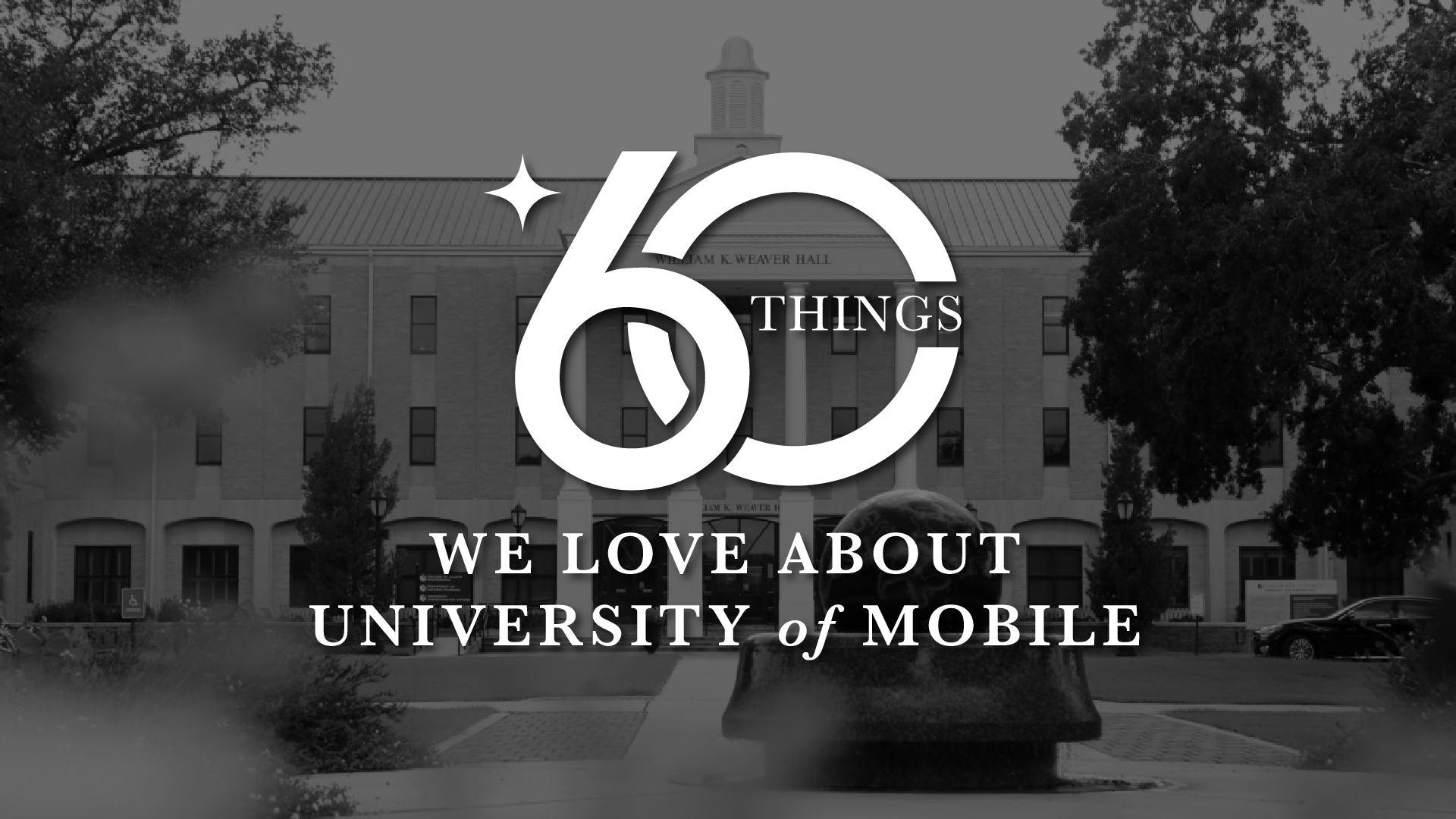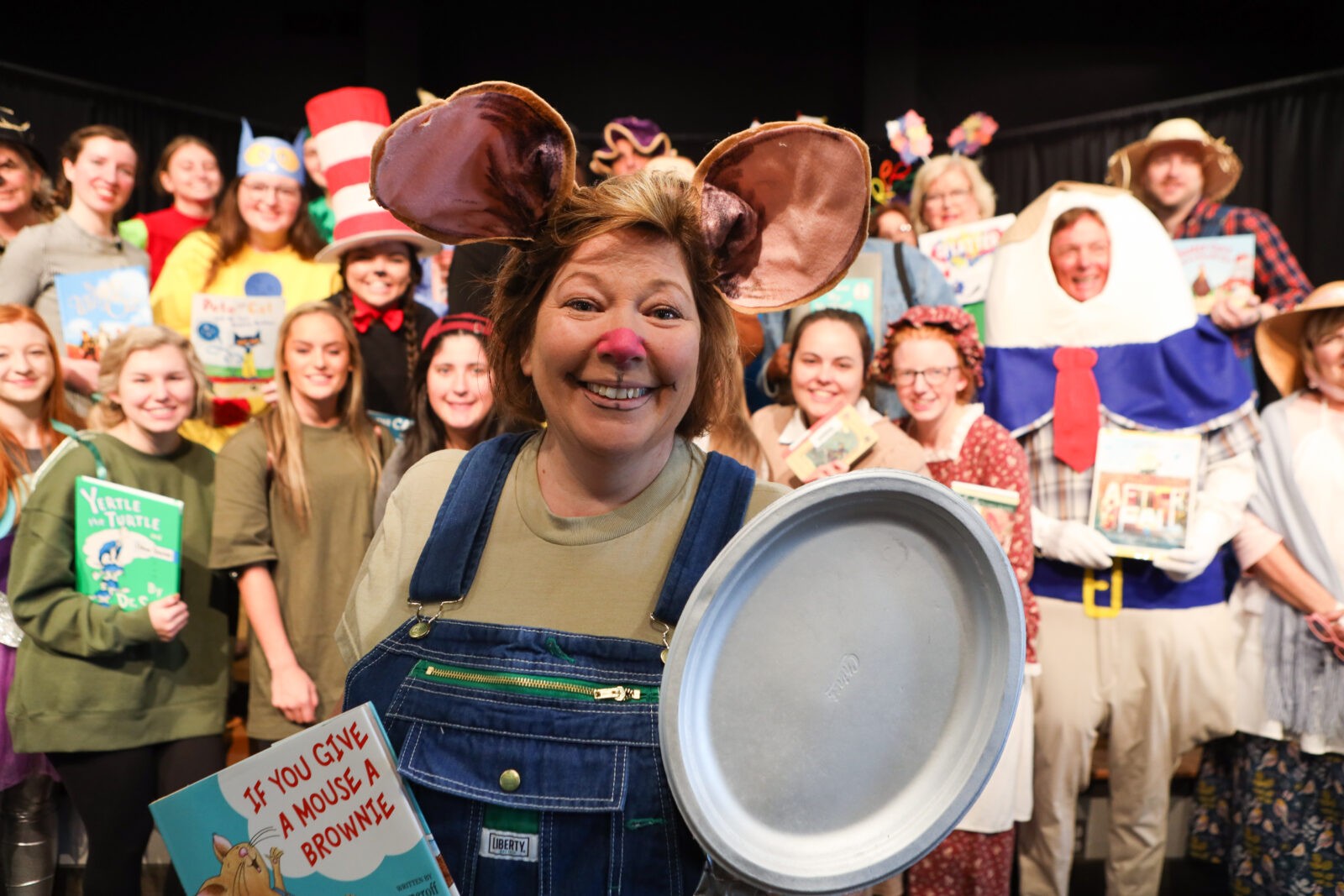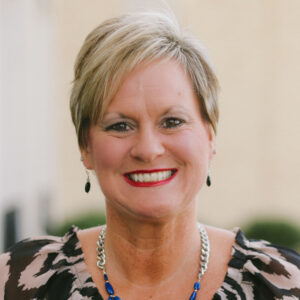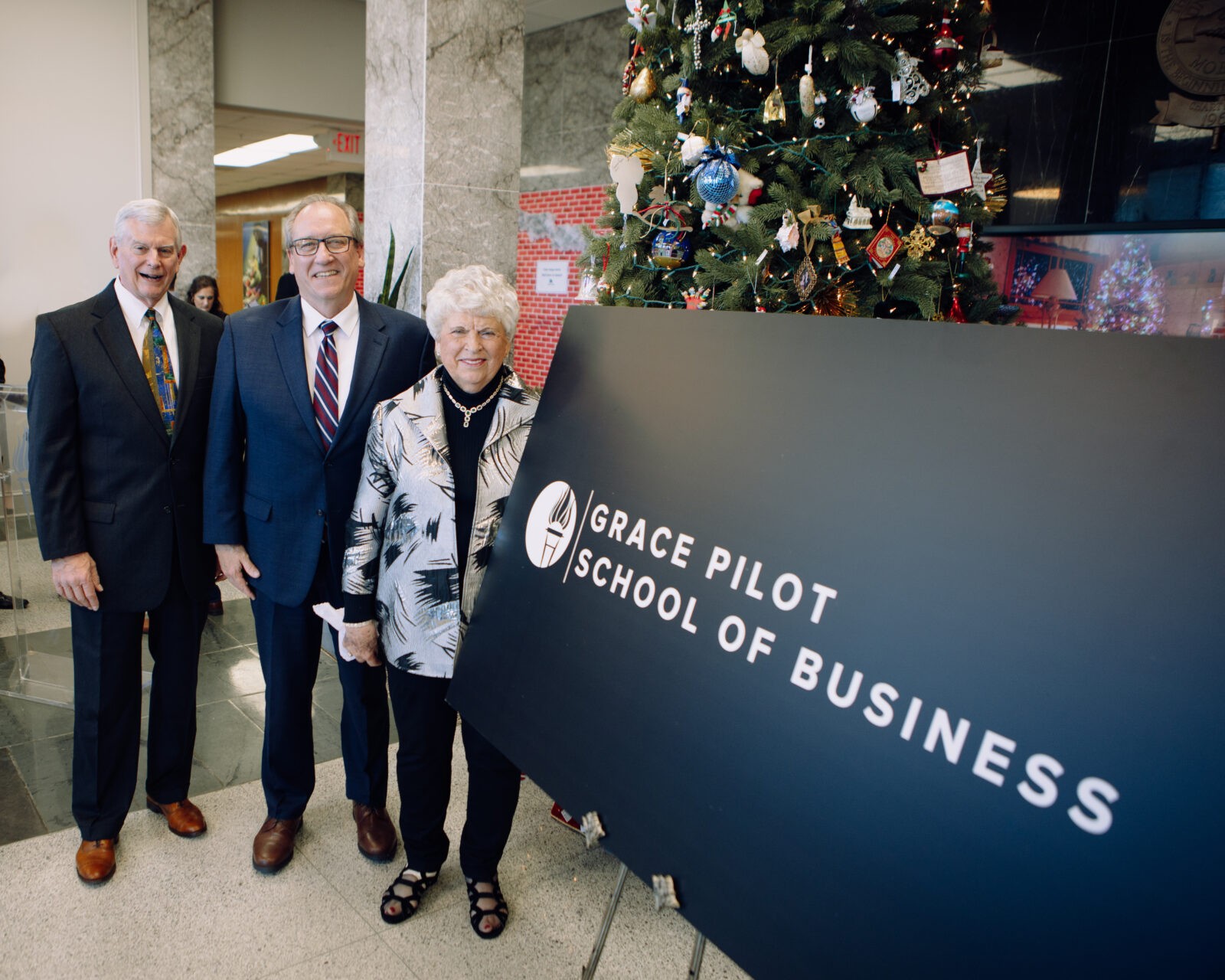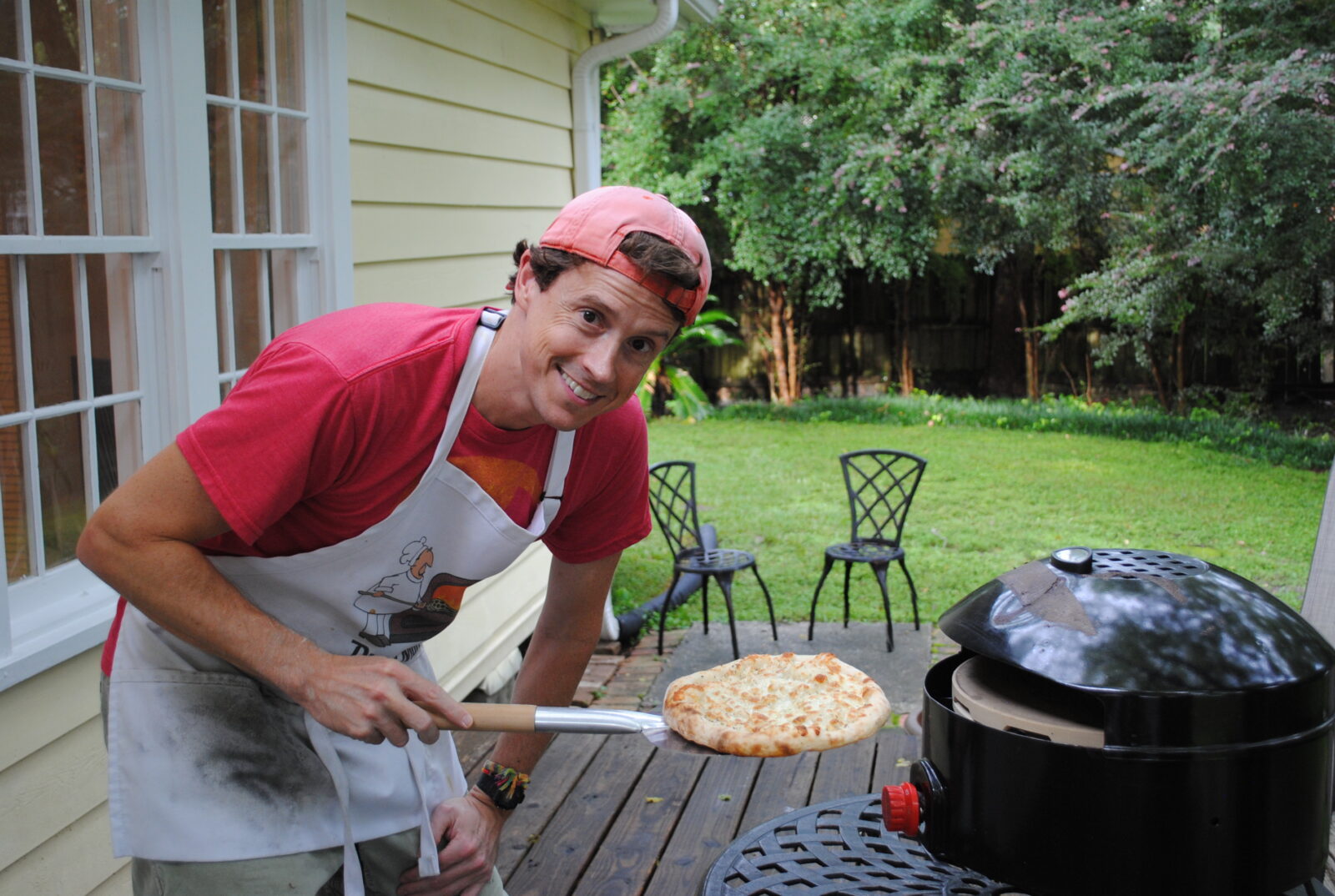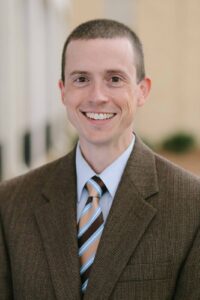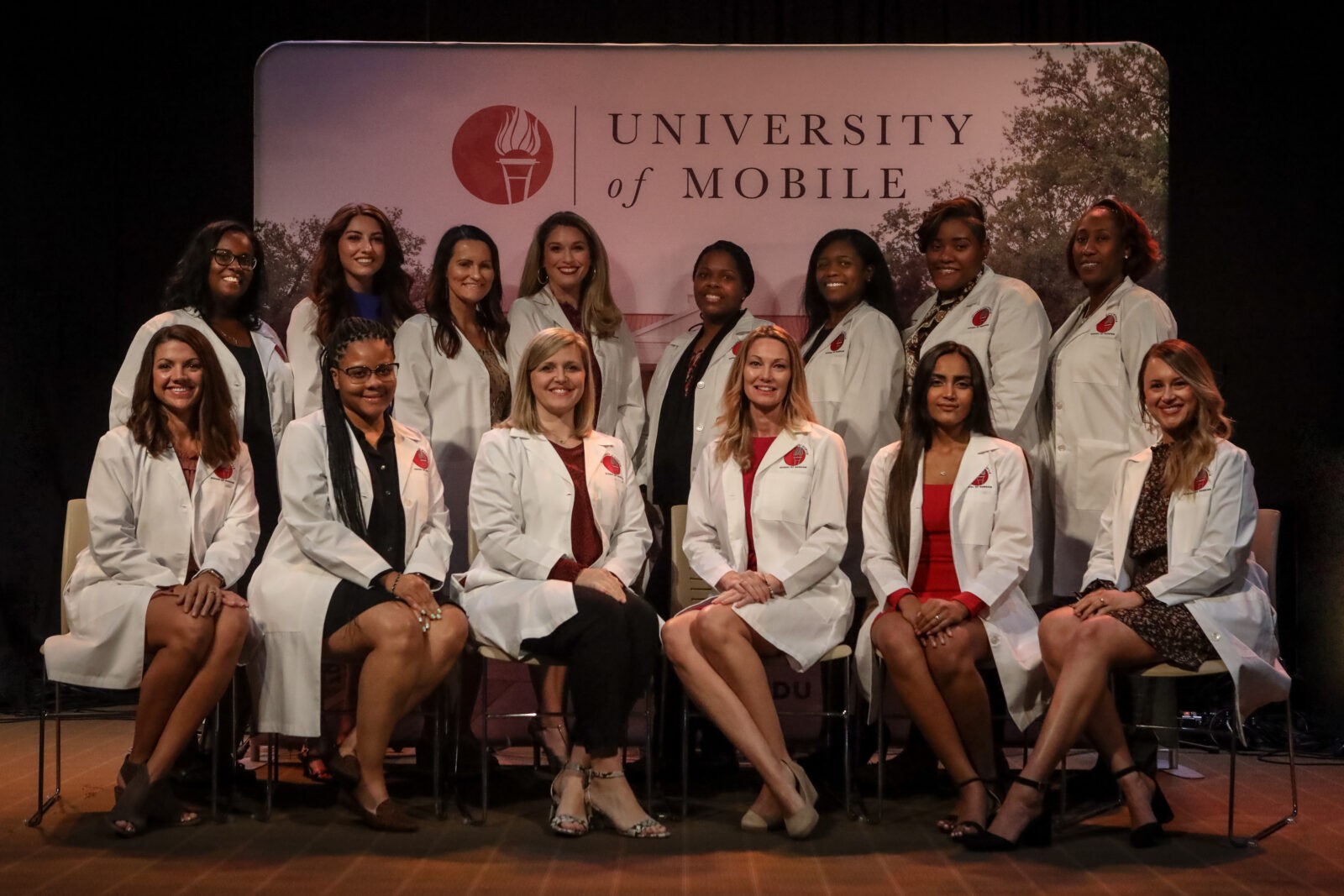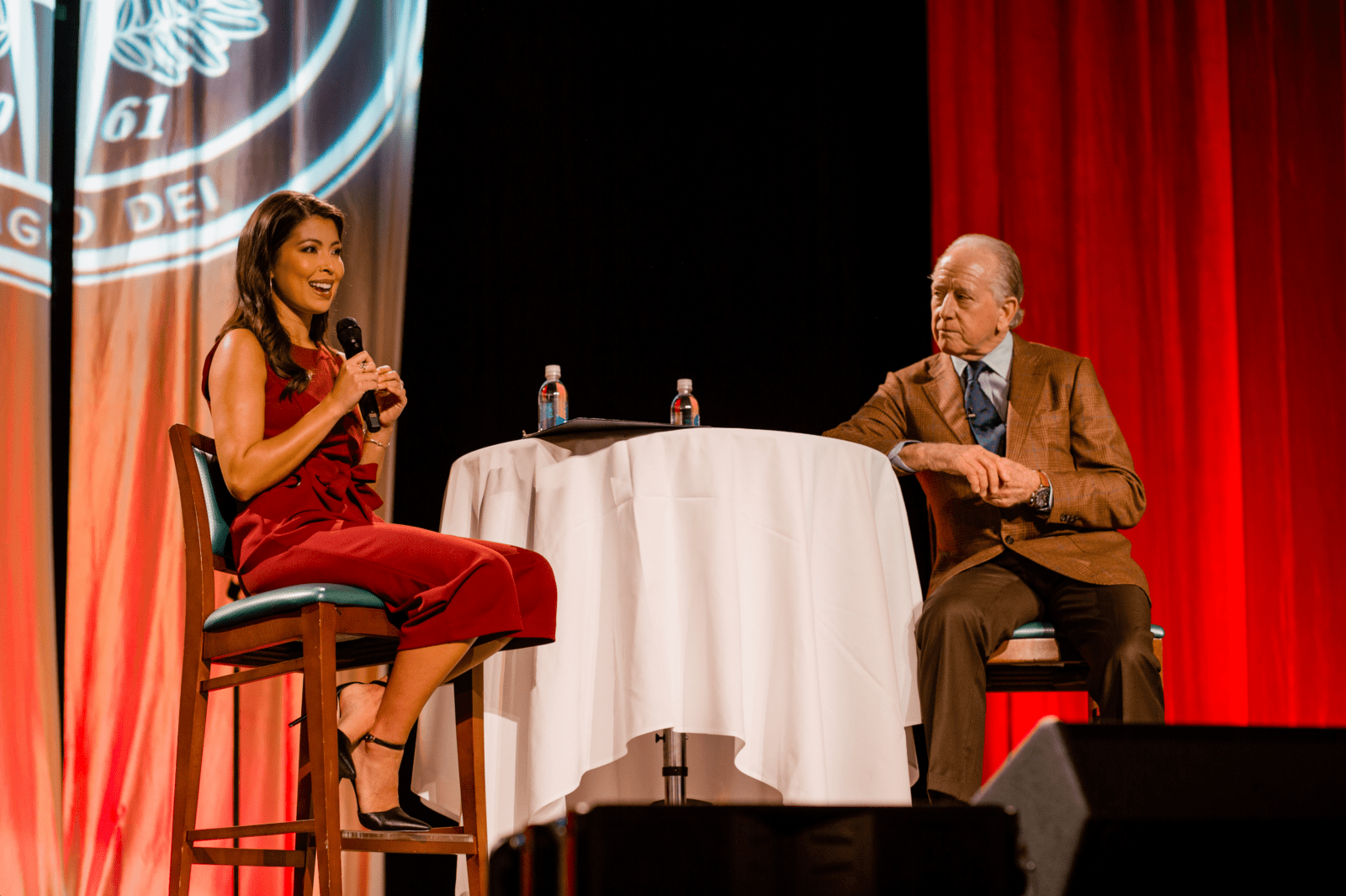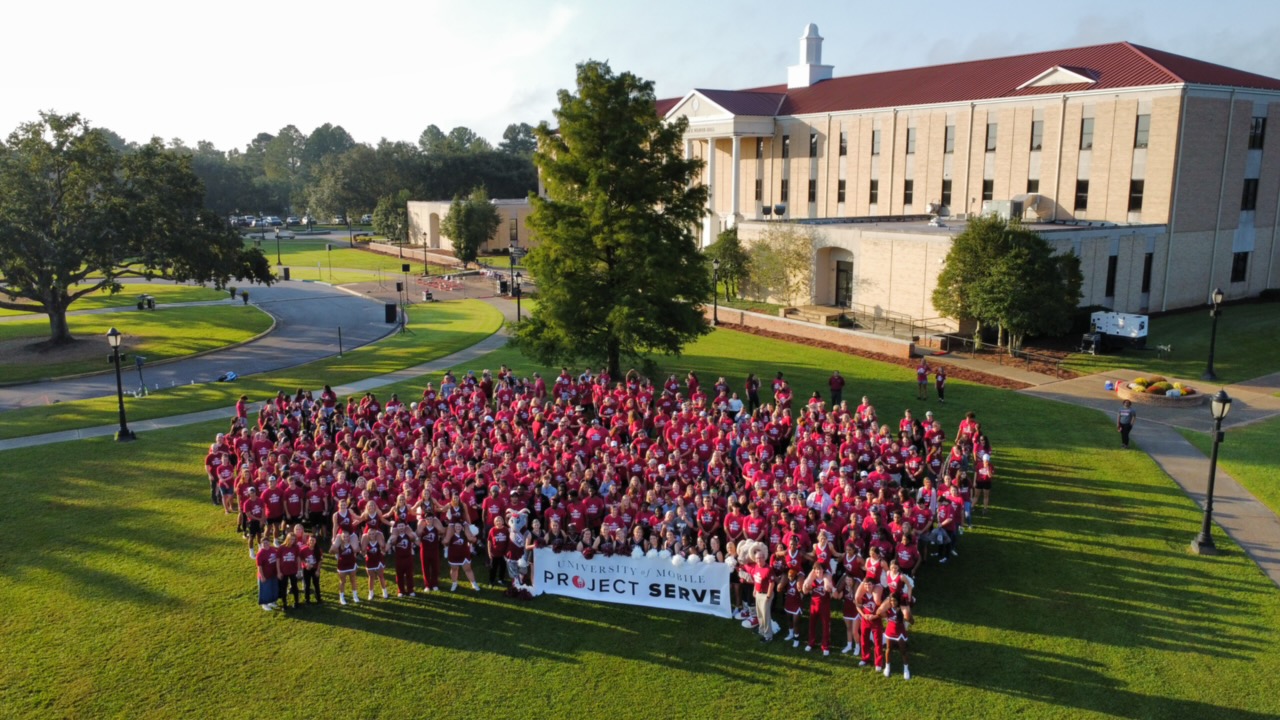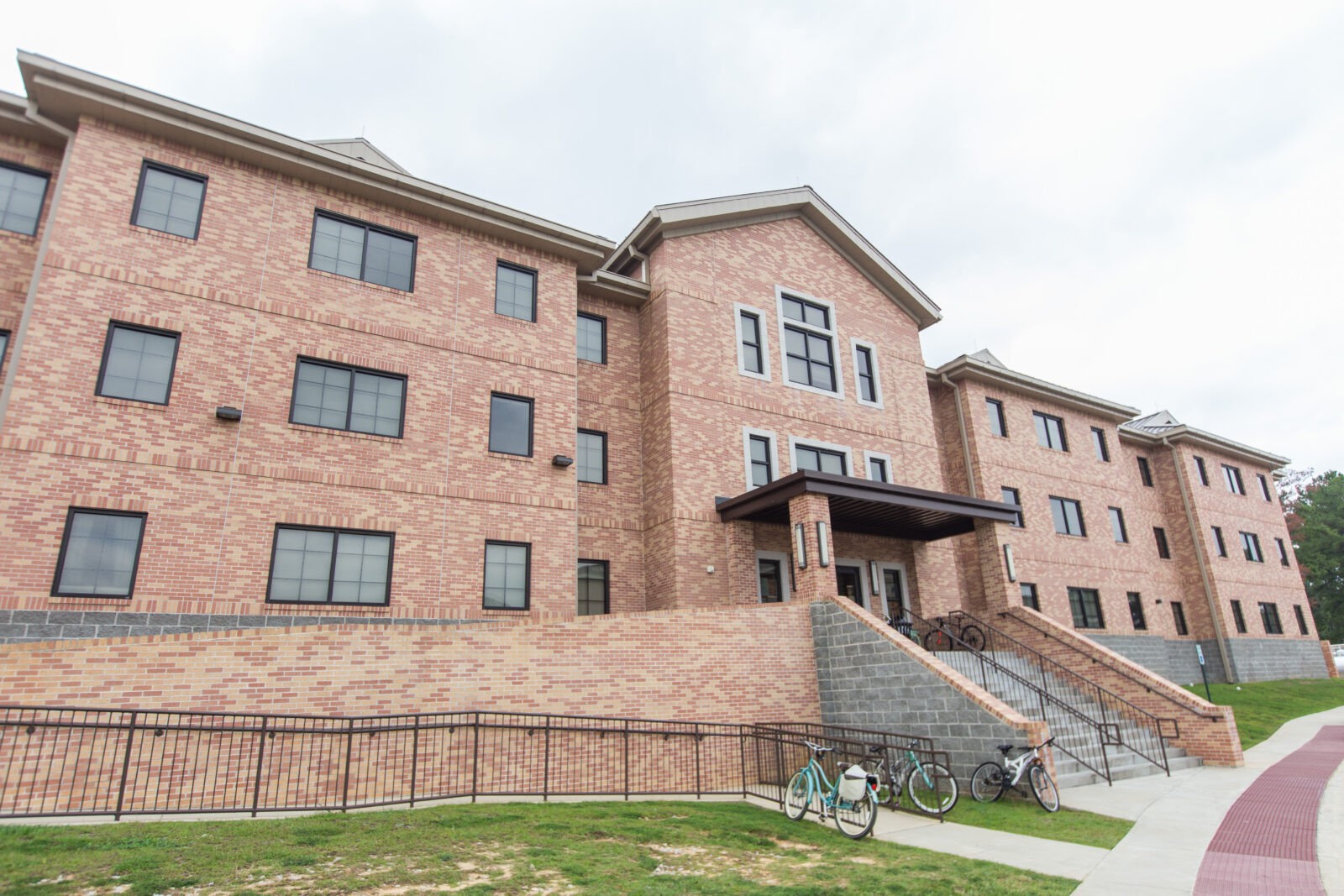Why do students, alumni, faculty, staff and friends of UM love the University of Mobile?
To celebrate our Diamond Anniversary (that’s 60 years since our founding as Mobile College on Dec. 12, 1961!) we asked a few of our 14,000+ graduates, over 1,500 students, and faculty/staff past and present, to help us compile a list of 60 things they love about this Christ-centered university. That’s a long list, so we divided it up into three parts.
Here’s Part 1 – what they said, in no particular order, with a few links to related stories. What would you add to the list?
- Focus Fridays (classes Mondays – Thursdays only)
- Intentional faculty who care about you https://umobile.edu/news/university-of-mobile-student-shout-outs-show-strength-of-campus-community/
- 1 hour to the beach!
- Project Serve brings the whole campus together to serve our community https://umobile.edu/news/project-serve-brings-people-together/
- Our mascot, Mac the Ram, is the best! https://umobile.edu/news/why-a-ram-the-story-behind-ums-mascot/
- Disc golf course on campus
- Small classes where professors know you
- Student/Faculty ratio of 13:1
- Practical experiences in my major like the Good Work Agency https://umobile.edu/news/good-work-agency-offers-university-of-mobile-students-real-world-marketing-experience/
- I love my dorm! https://umobile.edu/news/university-of-mobile-ranks-1-best-college-dorms-in-alabama-top-20-in-nation/
- “I cherish the environment that the University of Mobile has and the ability for students to come together from around the world to gain a Christ-centered education. It not only brings light to the purpose God has for us individually, but it also connects us with others that have the same goal of spreading the gospel.” Tye Jordan, senior, Grace Pilot School of Business https://umobile.edu/academics/school-of-business/
- President’s Commissioning ceremony for new students https://umobile.edu/news/university-of-mobile-welcomes-students-with-presidents-commissioning/
- UM is missions-focused https://umobile.edu/giving/university-of-mobile-renovates-missionary-house-to-serve-foreign-missionaries/
- New online degree programs make it easier to get my degree https://umobile.edu/education/university-of-mobile-online-programs-accepting-applications-for-flexible-and-convenient-degrees/
- “I am so thankful to have faculty at my school who are so genuine.” Maddie Bergeron, senior, School of Health and Sports Science https://umobile.edu/news/know-and-be-known-is-real-to-me/
- Our new strength training building https://umobile.edu/news/j-l-bedsole-sports-performance-center-opens-at-university-of-mobile/
- 5-year master’s degree programs https://umobile.edu/academics/areas-study/
- “I love working with faculty, staff and students who profess faith in Christ and strive to know Him more.” Dr. Troy Henderson, mathematics professor, College of Arts and Sciences https://umobile.edu/news/qa-with-um-mathematics-professor-troy-henderson/
- The Alabama School of the Arts (ASOTA!) https://asota.umobile.edu/
- “We want every student to understand that each job is a sacred calling from God and that He is to be glorified in our work!” Dr. Bob Olsen, director of Intercultural Studies, Center for Christian Calling https://umobile.edu/news/qa-with-um-intercultural-studies-director-bob-olsen/
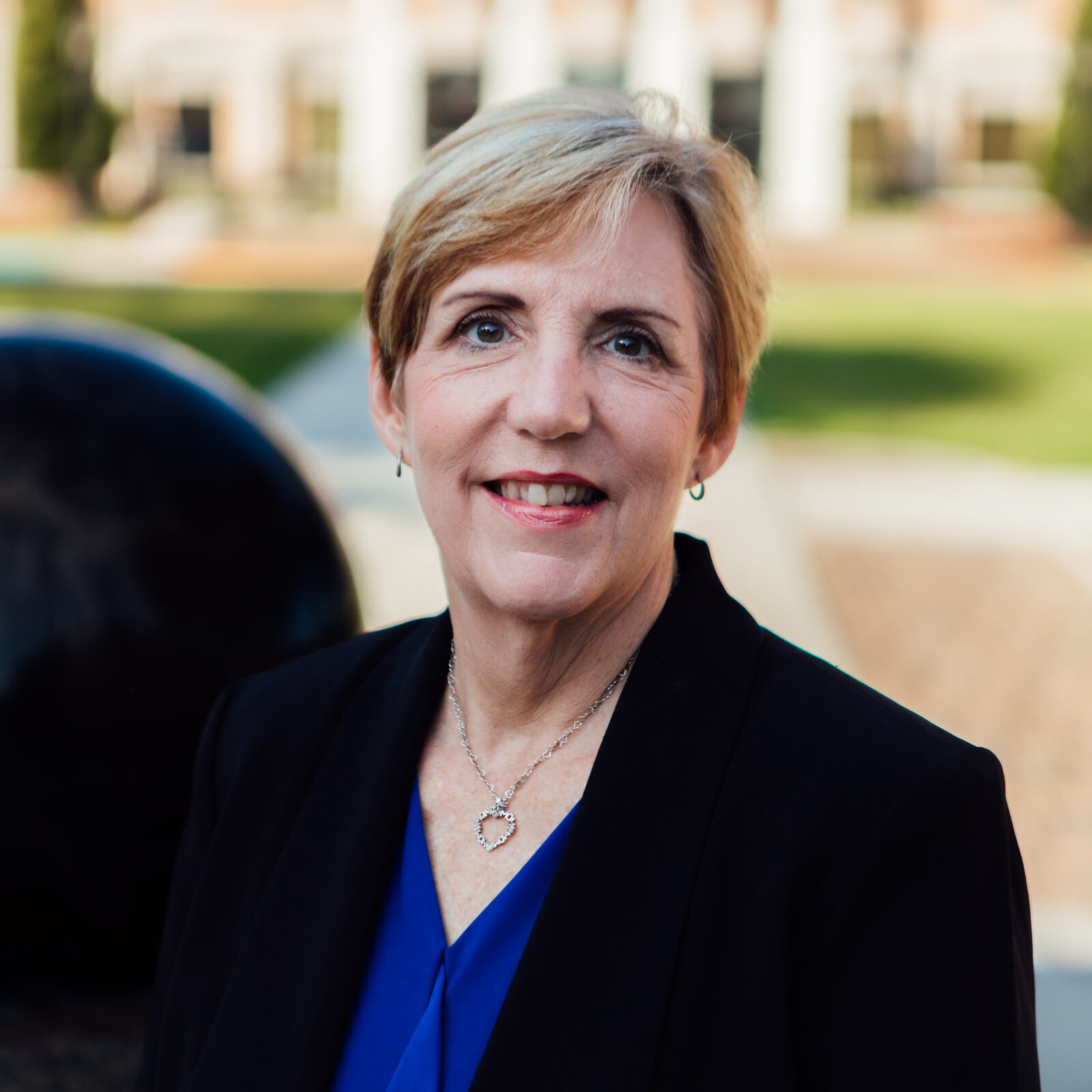
Kathy Dean uses her passion for storytelling and “playing with words” to share the stories of people, place and purpose that make the University of Mobile unique. As associate vice president for university communications, she manages media relations, edits the TorchLight alumni magazine, and oversees university communications. A former award-winning journalist, she is a two-time recipient of the Baptist Communicators Association grand prize for feature writing. Kathy and her husband, Chuck, live with three extremely loud miniature schnauzers.
